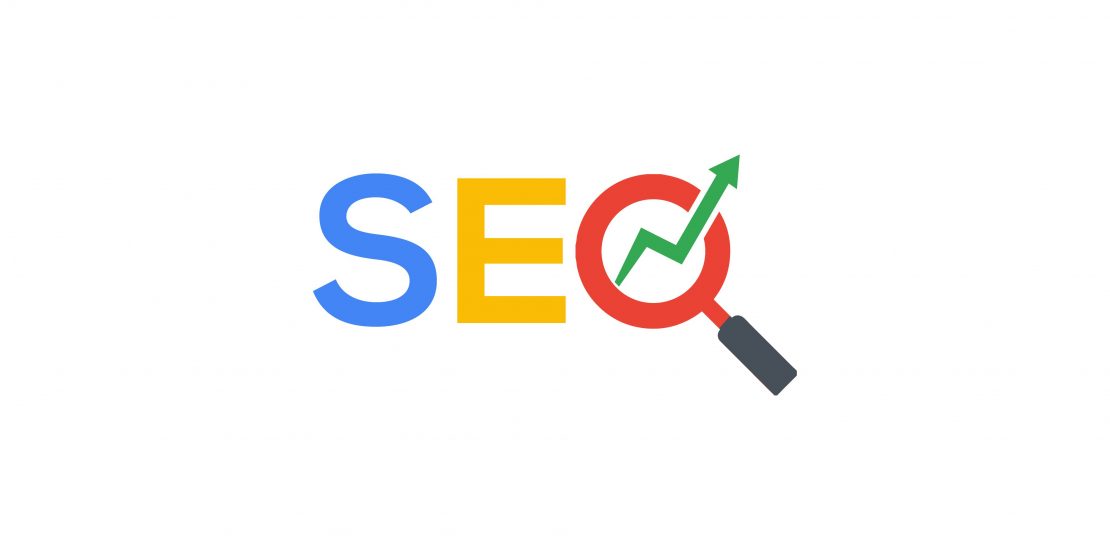- January 19, 2021
- Posted by: teamDigital Marketing
- Category: Development, Digital Marketing

If you don’t want to pay Google, Yahoo, Bing to show up on Search Engine Result Pages (SERPs), then SEO is for you. If you are not on Google you don’t exist. When it involves SEO, there’s you, the search engine, and therefore the searcher. If you’ve got a piece of writing about “how to plug your product on social media”, you would like the program (which, in 90% of all cases, is Google) to point out it as a top result to anyone who searches for the phrase “Marketing on Social Media.”
SEO is that the magic you’ve got to figure on your article so as to form Google very likely to incorporate your post together of the highest results whenever someone searches for that keyword. First of all, you should build a website to benefit your users, and any optimization should be geared toward making the user experience better.
WAYS OF IMPROVING YOUR SEO
-
Publish Relevant Content
Quality content is that the favourite driver of your search engine rankings and there’s no substitute for nice content. Quality content created specifically for your intended user increases site traffic, which improves your site’s authority and relevance. Identify and target a selected keyword phrase for every page on your website. Think about how your reader might look for that specific page with search terms
-
Update Your Content Regularly
You’ve probably noticed that we feel pretty strongly about content. Search engines do, too. Regularly updated content is viewed together of the simplest indicators of a site’s relevancy and trustworthiness, so audit your content on a group schedule and make updates as required.
3. Metadata
When designing your website, each page contains a space between the <head> tags to insert metadata or information about the contents of your page. However, it’s important for you to review and update Metadata as your site changes over time. Title metadata is liable for the page titles displayed at the highest of a browser window and because the headline within program results. It is the foremost important metadata on your page.
4. Interlinking and Backlinks
Focus on creating relevant links within the text. Instead of having just links, try writing out the name of the destination. “Click here” has no SEO value beyond the attached URL, whereas “SOUTECH Digital Marketing Training” is rich with keywords and can improve your ranking of the page. Always use descriptive links by linking keywords—it not only improves SEO optimization but also adds value to your readers.
5. Use alt tags
Always describe your visual and video media using alt tags, or alternative text descriptions. They allow search engines to locate your page, which is crucial—especially for those that use text-only browsers or screen readers. These are only a couple of of the various methods for improving your SEO ranking. If you want to learn more, we recommend you sign up for our Digital Marketing Comprehensive Course.





